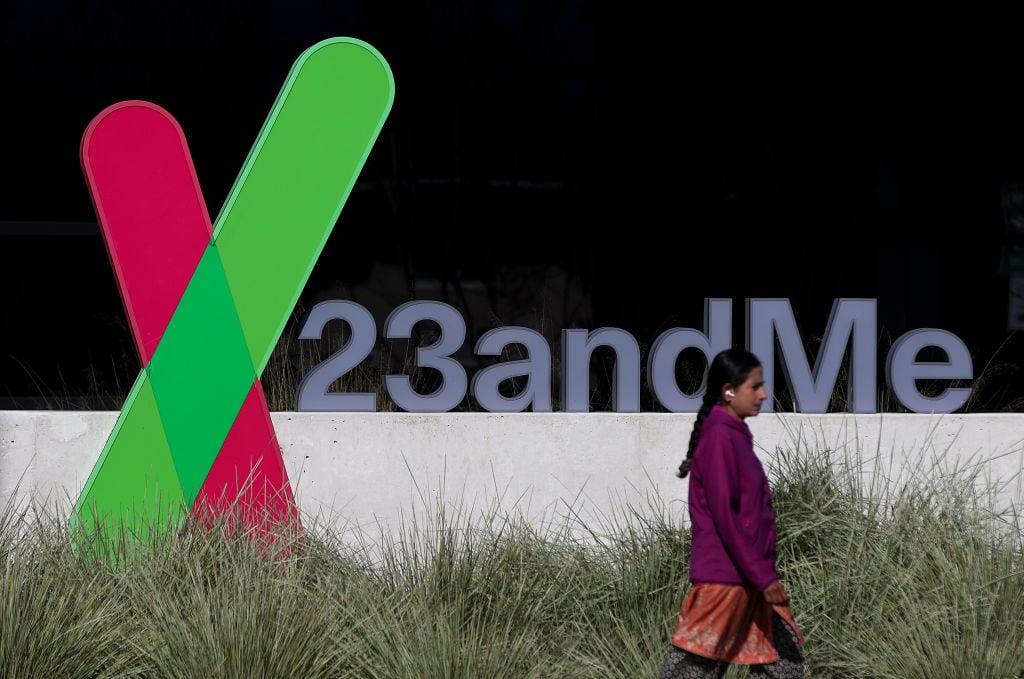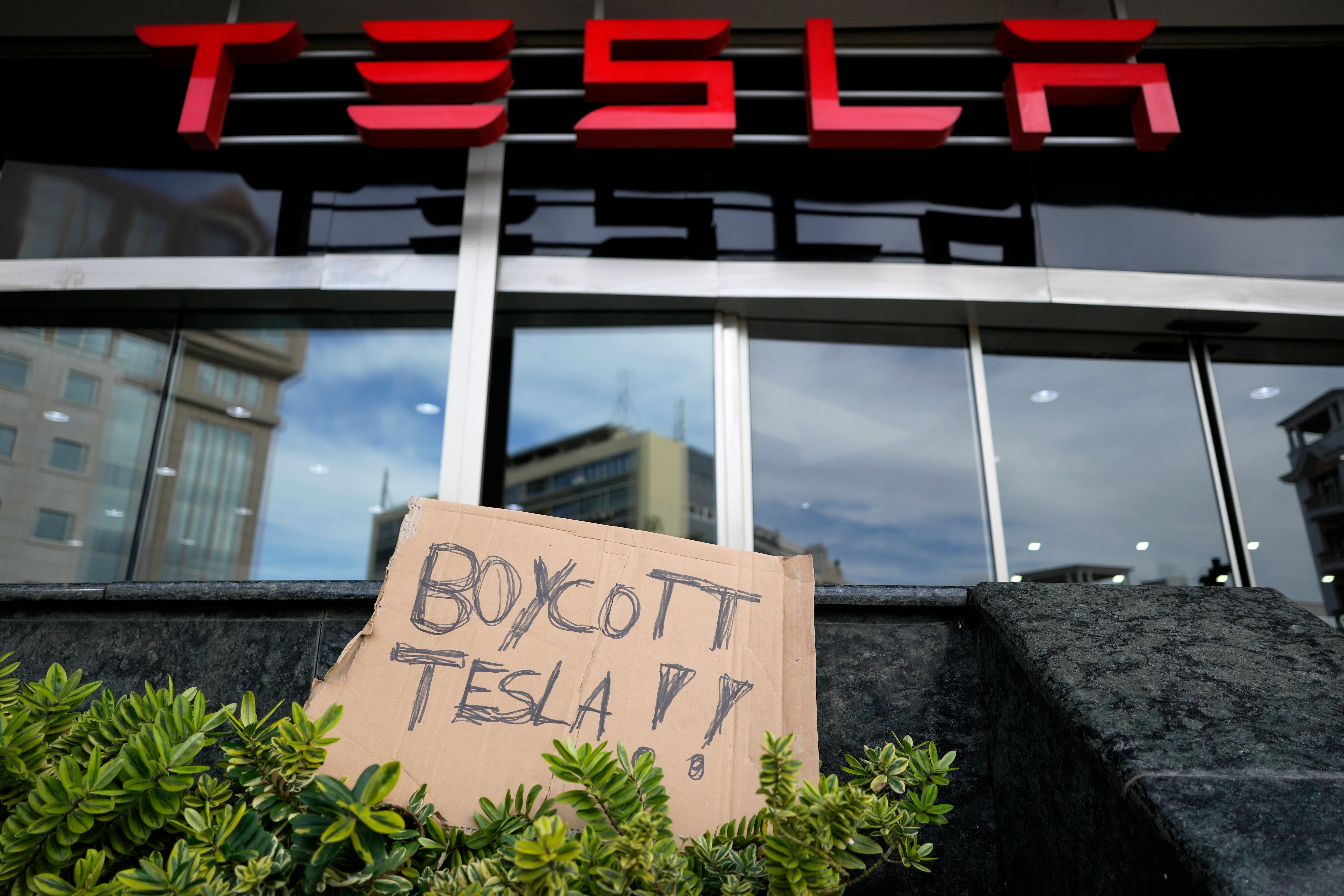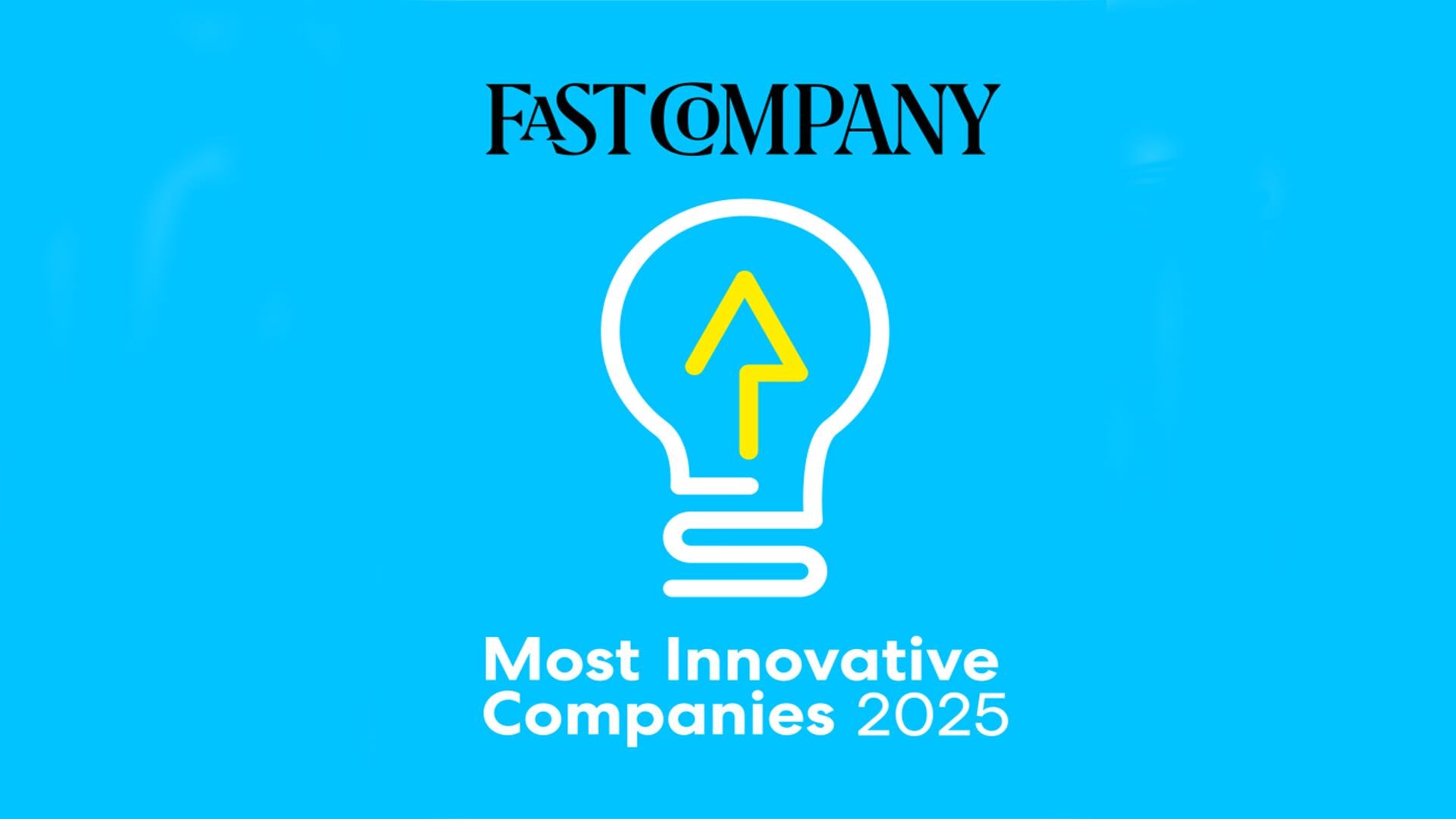*By Chloe Aiello* Amazon is stepping up its game in the fight against Apple Pay, by migrating its own digital wallet off the web and into the real world. The e-commerce giant is recruiting brick-and-mortar merchants to accept its digital wallet, Amazon Pay, putting it in direct competition with a host of other companies vying for dominance in the burgeoning digital wallet industry, [according to a report from The Wall Street Journal.](https://www.wsj.com/articles/amazon-pay-accepted-here-web-giant-aims-to-put-digital-wallet-in-stores-1542796827) Amazon ($AMZN) is reportedly targeting merchants like gas stations and restaurants ー which aren't direct competitors to the tech behemoth. The Wall Street Journal reported that the functionality of the wallet isn’t yet clear, but options for use include enabling users to scan a code on their phones, or tap their devices at check-out ー much like Apple Pay ー among other options. Shoppers can already use their Amazon accounts to check out at select Amazon-owned brick-and-mortar stores, and the company has been experimenting with incorporating Amazon Pay into Whole Foods transactions, [according to the Wall Street Journal](https://www.wsj.com/articles/are-you-ready-for-an-amazon-branded-checking-account-1520251200?mod=article_inline). Digital wallets still aren't widely used in the U.S., and Amazon is looking to jump into the mix early. It faces competition from rivals, like PayPal ($PYPL), Visa Checkout ($V), Venmo and, of course, Apple Pay. Amazon did not immediately respond to Cheddar's request for comment.












